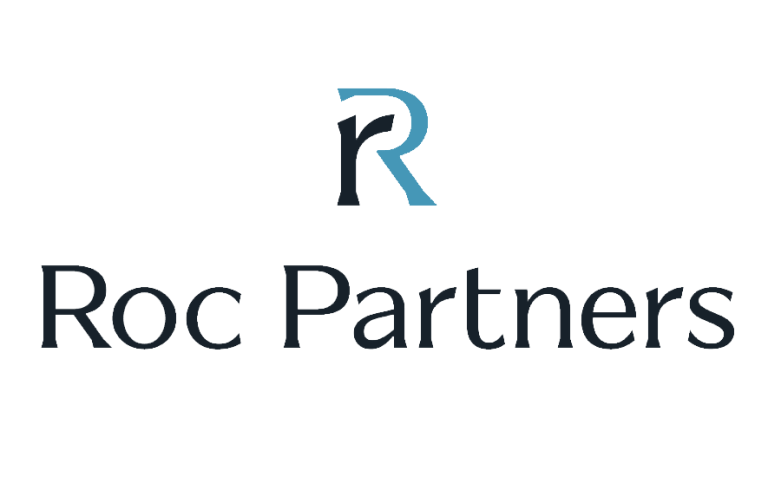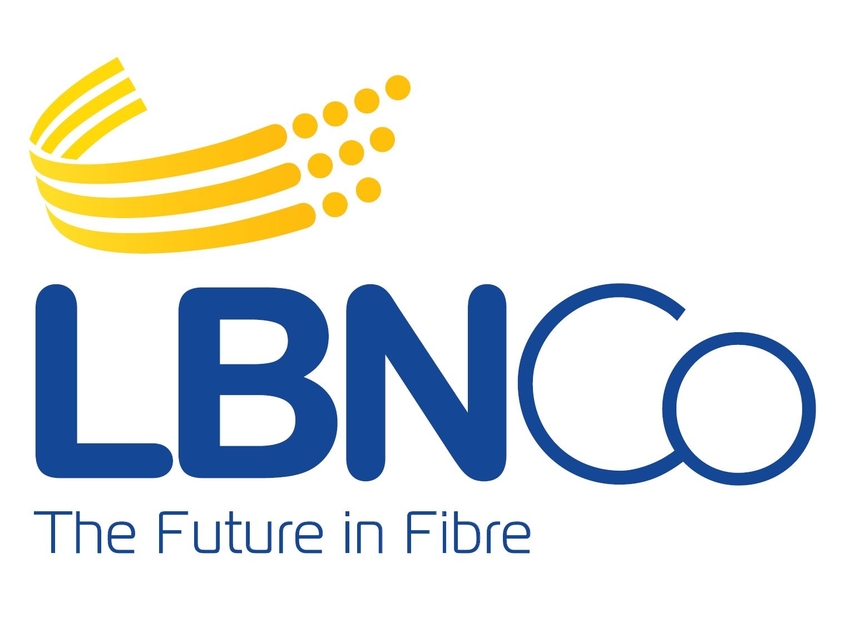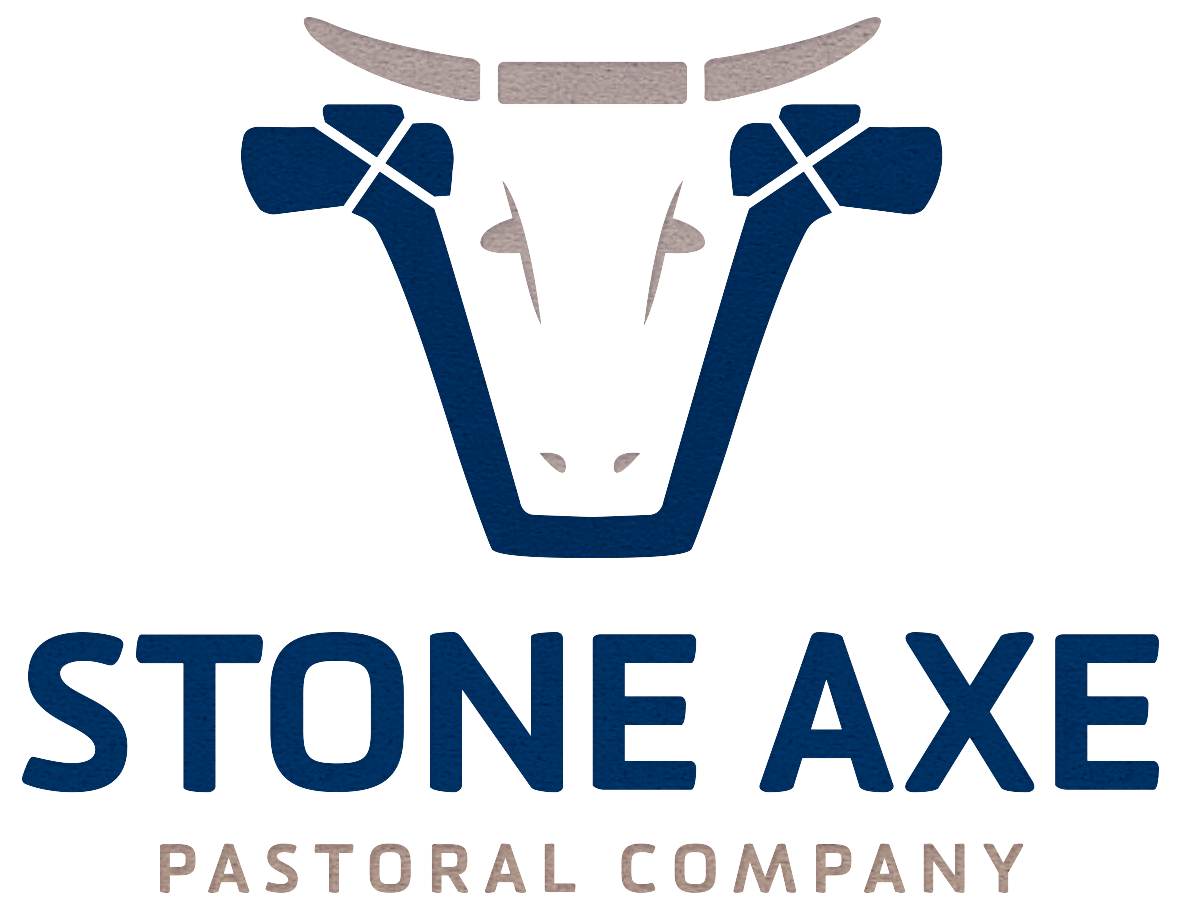How has investment in agriculture evolved to cope with worsening economic conditions?
Brad Mytton: Investment in agriculture over the past decade has shown its resilience to economic conditions, providing relatively steady and consistent returns. For example, the labor shortages over the past few years have been used as an opportunity to invest in automation and ultimately deliver greater efficiencies.
However, all this investment to date has been carried out in an environment of low interest rates and relatively cheap access to capital. Clearly, the picture has now changed, with high inflation and normalizing interest rates.
Because of this, investors are demanding higher yields and better returns, which makes investment selection more challenging. This can’t just happen automatically. Investment managers need to consider areas in which there can be some added value to drive better returns. In this respect, food producers risk being caught in the middle of inflation increasing their costs and higher interest rates limiting consumer spending power. Producers have to be cognizant of this risk and find a way to pass on these costs to avoid being squeezed.
This is where a private equity model can prove effective, as we are focusing on customer trends first and then looking at how these trends flow through to demand for food, following the supply chain from there to invest where we can add the most value. This lens allows us to identify projects where consumer demand remains more resilient.
This economic environment clearly presents challenges, but there are opportunities too. The market disruption won’t last forever. Investment managers who think about how they can do better in the current environment will find that they have created a new way of outperforming in other times.




